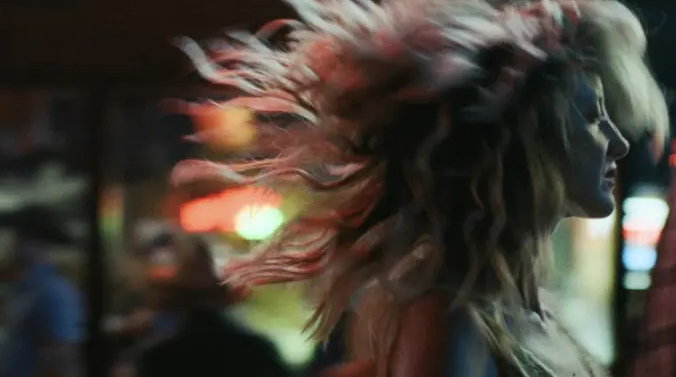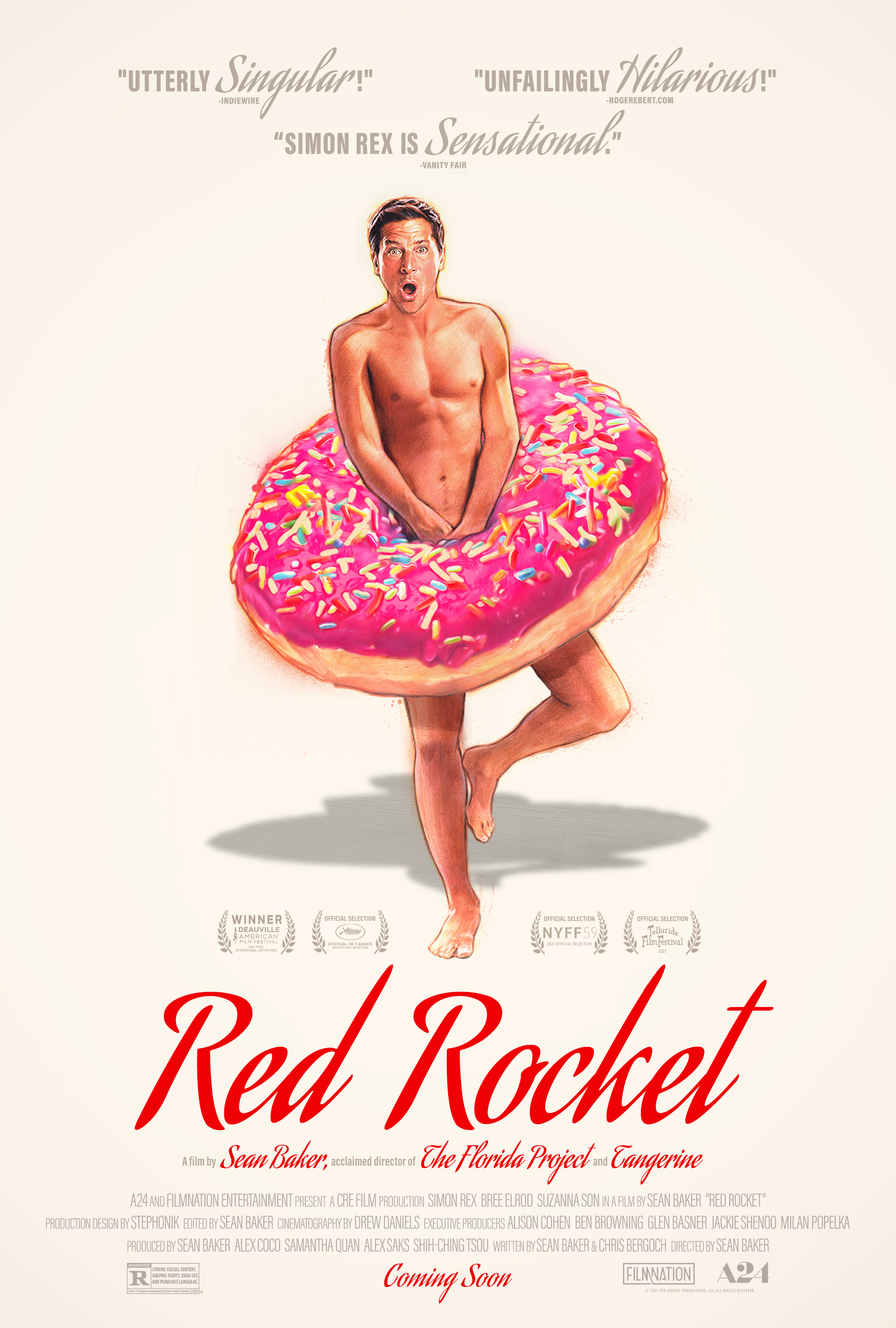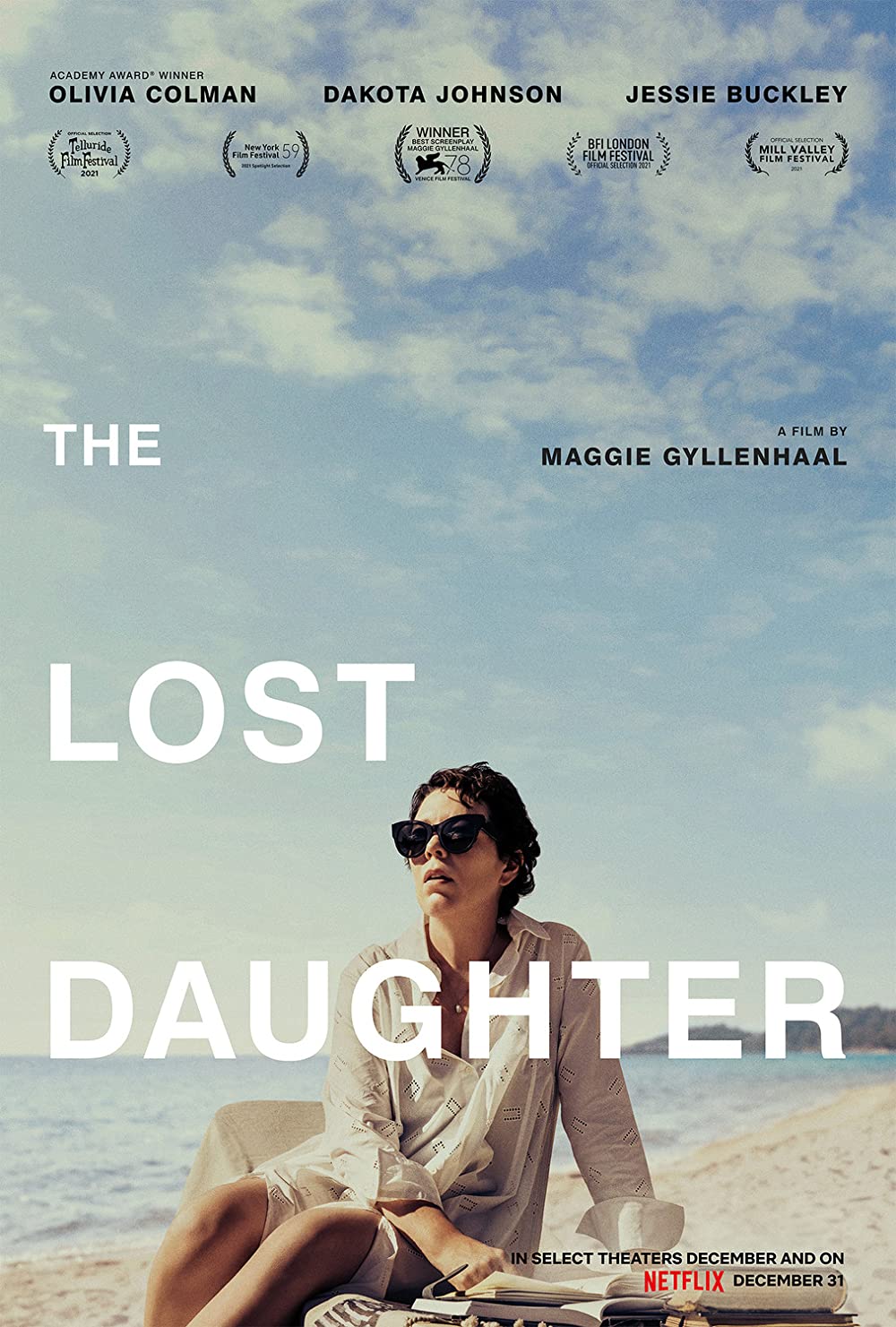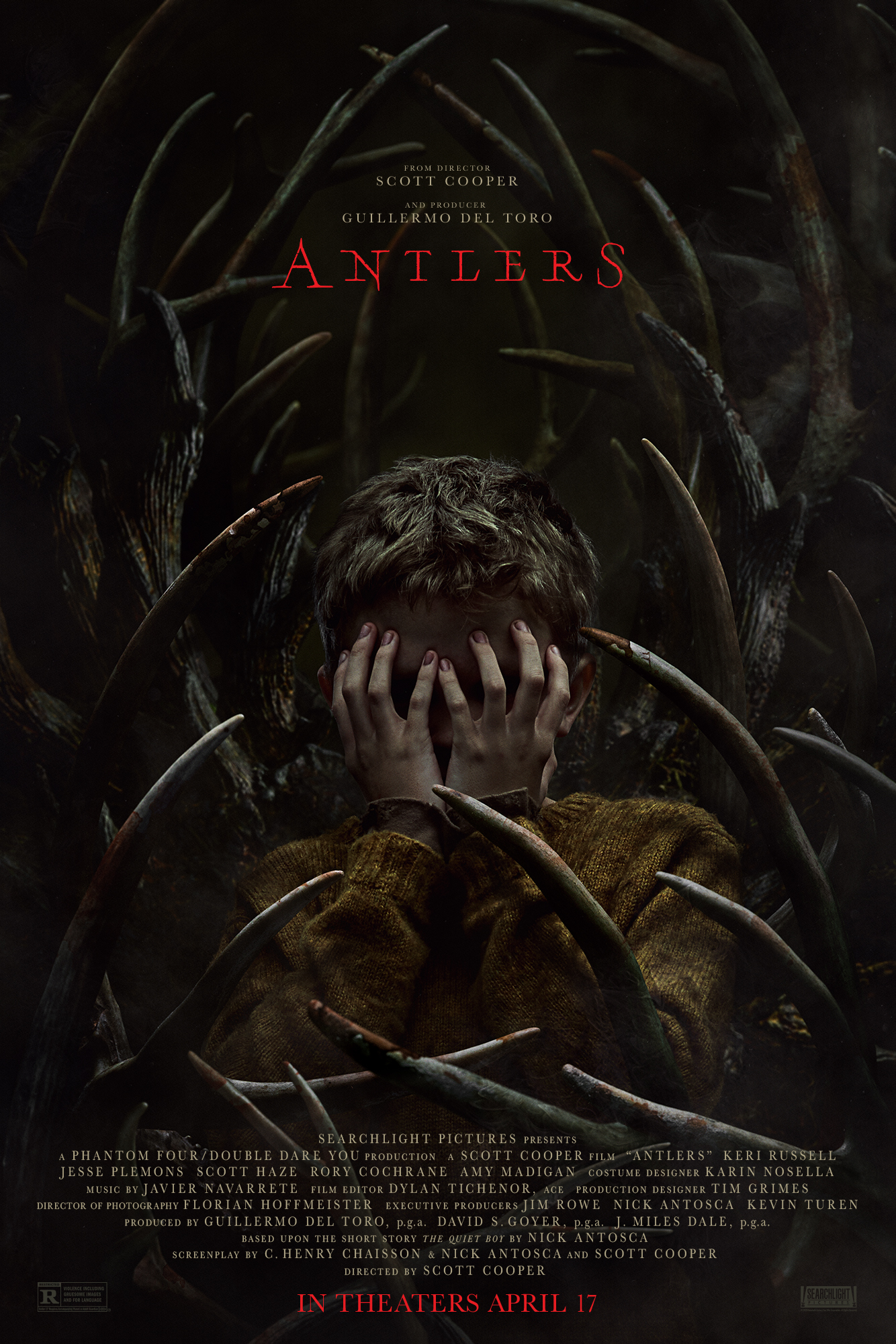Now Playing
Current DJ: Alex Gilbert
Nina Hagen New York New York from Fearless (CBS) Add to Collection
Requests? 773-DJ-SONGS or .(JavaScript must be enabled to view this email address)
 CHIRP Radio volunteer Kevin Fullam reports from the 2022 Chicago Critics Film Festival
CHIRP Radio volunteer Kevin Fullam reports from the 2022 Chicago Critics Film Festival
"Hedonic adaptation" has become a major part of my worldview. It's the idea that we gradually become accustomed to the things that once brought us joy.
If someone buys a beachfront condo, that view is gonna seem mighty amazing when they move in! The next month -- well, it's still great, but perhaps not quite as mindblowing? And a year later, yep, those are the waves rolling in... but you might only appreciate the water again when you have company over and their minds are blown.
In a similar vein, researchers have found that people also have a "base level" of happiness, and that major life events, both positive and negative, don't move the needle too much with regards to long-term satisfaction.
Disgruntled folks who experience good fortune will revert, after a period of time, to their general state of grumpiness. The well-worn adage of how "money can't buy happiness" is actually true.
This brings us to To Leslie, where the title character (Andrea Riseborough) is introduced via local news coverage in her small West Texas town. She's just won $190,000 in a lottery, and is about as excited as one might expect. Deliriously giddy, Leslie is positive that this largesse will change her life, and announces to all within earshot: "The first round's on me!"
by Eddie Sayago
The Academy Awards, which honors all the artists who create cinema--despite the recent kerfuffle cutting airtime from various technical categories--sometimes recognizes some of the greatest artists who ever lived. And sometimes they don't.
These seven songs, all nominated for Best Original Song, represent both the movies they were featured in and bring a spotlight to the musicians behind them:
Music and Lyrics by Howard Ashman and Alan Menkel
Performed by Levi Stubbs
Years before briefly being the go-to team for creating music for Disney films, Howard Ashman and Alan Menkel were tasked for the music for Little Shop of Horrors, a off-Broadway musical that premiered in 1982, slowly becoming a cult hit.
I can’t imagine anyone else delivering both the gruff and sass required in “Mean Green Mother from Outer Space” than Levin Stubbs, especially with the lines “You better step aside/Better take a tip, boy/Want some good advice?/You better take it easy,/'Cause you're walkin' on thin ice.” (Stubbs is best known for being the lead singer of The Four Tops.)
Right after Little Shop of Horrors, the duo were invited to write music for The Little Mermaid, the film that launched Disney's Renaissance era. The music was a big factor in the success of the films the duo worked on, and would have continued beyond Beauty and the Beast and Aladdin.
Ashman died in 1991 from complications of AIDS, a few months before the release of Beauty and the Beast, which is his most accessible work as a lyricist. His finest work is "Mean Green Mother from Outer Space," a gem that continues to be belted out on stages around the globe four decades later.
Lost To: “Take My Breath Away” from Top Gun
 by Kevin Fullam
by Kevin Fullam
“You invited me. It is not my custom to go where I am not wanted.” -- Mystery Man, Lost Highway
In some lore, vampires are rendered powerless in homes unless they have been formally invited inside. In the case of washed-up "adult film" star Mikey Saber (Simon Rex), he might not exactly have been invited into the dens of his potential marks... but he's also not swiftly booted out after he manages to wedge his feet in the doorways, either.
 by Kevin Fullam
by Kevin Fullam
How much do we compartmentalize our lives? When we're small, most of us can't envision our mothers as having any roles other than that of our chief caretaker. Careers? Passions? Not on the radar of a young child. Moms might be teachers/nurses/chefs rolled into one, but they scarcely exist in our minds outside of those boundaries.
Early on in The Lost Daughter, Leda Caruso (Olivia Colman) -- a 48-year-old professor on a "working holiday" at a resort town in Greece -- strikes up a conversation with visibly-pregnant Callie (Dagmara Domińczyk), and the subject turns to that of parenting.
Callie asks Leda an innocuous question about her memories of raising her two daughters (now adults), expecting a good-natured nostalgic response. Leda's reply? "Children are a crushing responsibility." And then she walks away. Full stop. Yikes.
by Kyle Sanders
 Antlers (Dir. Scott Cooper)
Antlers (Dir. Scott Cooper)
"Doh! A dud, a real bad dud..."
Behind every horror film there's a message, and that message is usually about something bad we humans have done.
Whether it's the human error of hubris (think Frankenstein, Godzilla, The Human Centipede), facing our violent pasts (Candyman, The Devil's Backbone, The Grudge), a rejection of American Values (The Night of the Living Dead, The Texas Chainsaw Massacre) or punishment for premarital relations (pretty much any slasher flick from the '80s), horror films seem to be mankind's response to a guilty conscience: we've done something bad, and we must pay for it one way or another, preferably in the most fucked up way imaginable.
Before the dawn of horror films however, we had myths, which typically served as an explanation for the unexplainable. If there is no other reasonable resolution, then the answer must be due to some vengeful spirit from beyond the grave or a reclusive monster lurking deep in the woods, right?